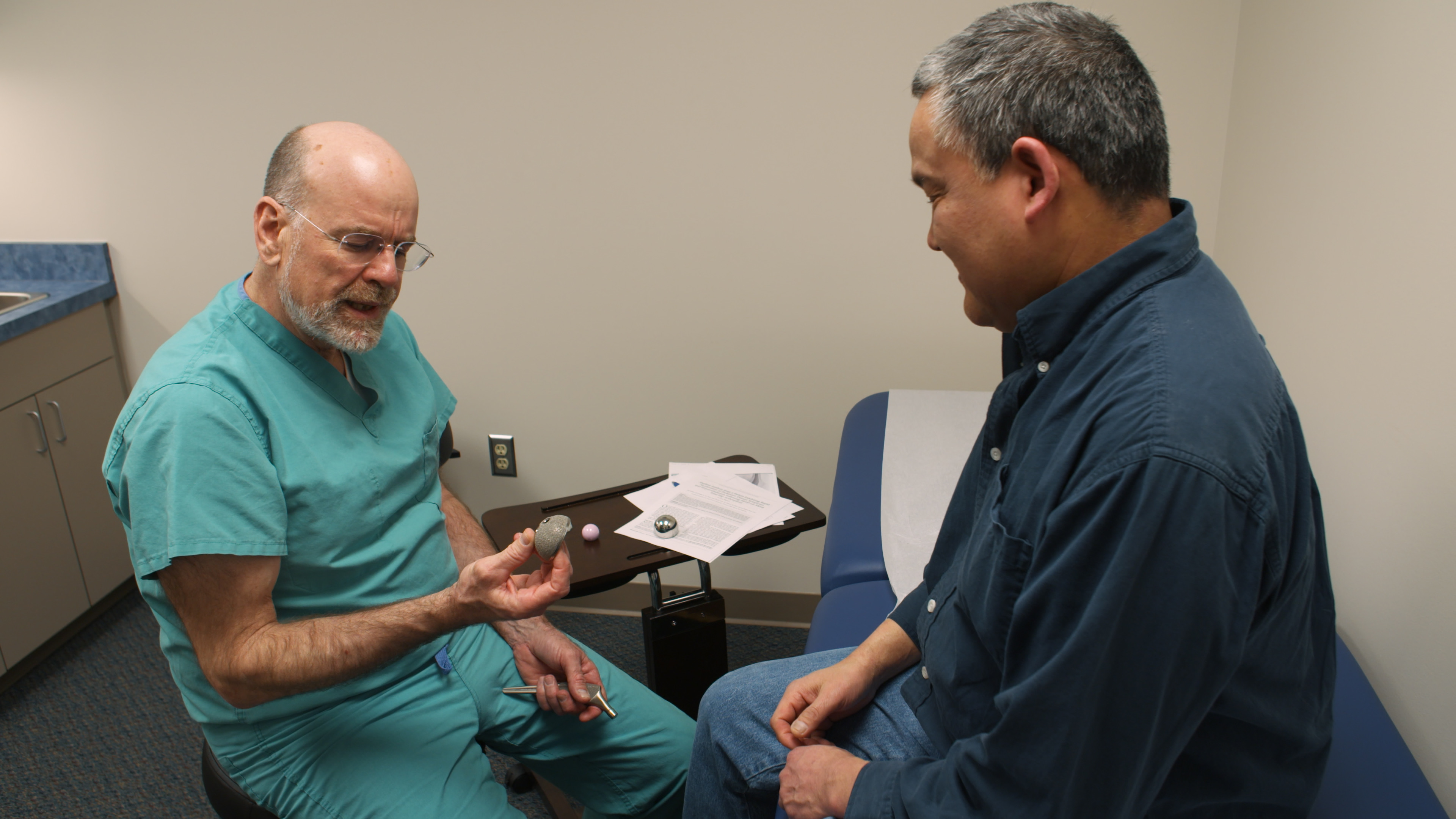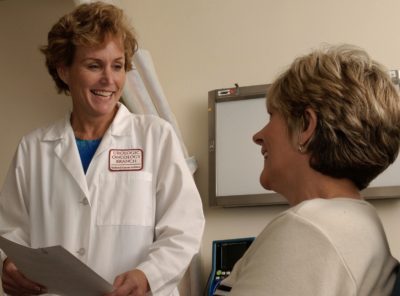
Tower received what he thought was a standard hip replacement. While there are countless examples of shoddy medical devices harming patients in some way, a 99-minute documentary can only focus on a few big examples. There’s an issue here that actually puts our lives in peril.” Devices are us, and our world will continue to use more of these. “If you’ve ever had an x-ray, or you wear contact lenses to see, this is for you. “It’s everyone who is exposed to devices, from birth to death,” producer Amy Ziering told The Daily Beast. This isn’t just a problem local to a few devices rather, it’s a systemic problem. And more often than not, they haven’t even been tested in the patient population they’re supposed to serve.”

“Sometimes, these products haven’t even been tested for the purpose they’re sold.
#The bleeding edge hip replacement how to
Companies have learned how to exploit a host of loopholes, especially in 510(k) and Premarket Approval routes for FDA approval, for getting medical devices on the market at just a fraction of the stringent rules required. If they have, the effects might not have been studied for more than a few months before they are marketed to the general public.Īnd many doctors have virtually no clue how badly regulated these products are when companies are hawking them. And more often than not, they haven’t even been tested in the patient population they’re supposed to serve. Sometimes, these products haven’t even been tested for the purpose they’re sold. Companies can manufacture and sell devices based on previous iterations that may already have been recalled. The disturbing truth is that, despite so many people relying on such implants, the medical device industry is very weakly regulated. "When it comes to medical devices, we built a system that doesn't work," David Kessler, the former FDA commissioner, said in The Bleeding Edge. Seventy million Americans have a medical device implanted within their body. To the filmmakers, Essure is emblematic of the immense unchecked power of the $400 billion-a-year medical device industry.

In the documentary, Firmalino described the intense pain and bleeding that resulted from the procedure as looking like “a horror scene.” She goes on to form a group for people who’ve experienced negative health problems after Essure implantation, and tens of thousands of women join to tell their stories and demand action from Bayer (the company who manufactures and sells Essure), Congress, and the FDA. What was supposed to be a straightforward procedure turned into a nightmare for Firmalino, which she described in vivid detail in The Bleeding Edge, a new documentary that premiered at the TriBeCa Film Festival in New York City and is set to be released on Netflix this summer. So Firmalino turned to Essure, a birth-control implant meant to prevent pregnancy with 99 percent efficacy.

Instead of popping a daily pill, she wanted a simpler system, an implant that would help prevent an unplanned pregnancy. Angie Firmalino, a mail carrier in upstate New York, was like thousands of women trying to take control of her birth control.


 0 kommentar(er)
0 kommentar(er)
